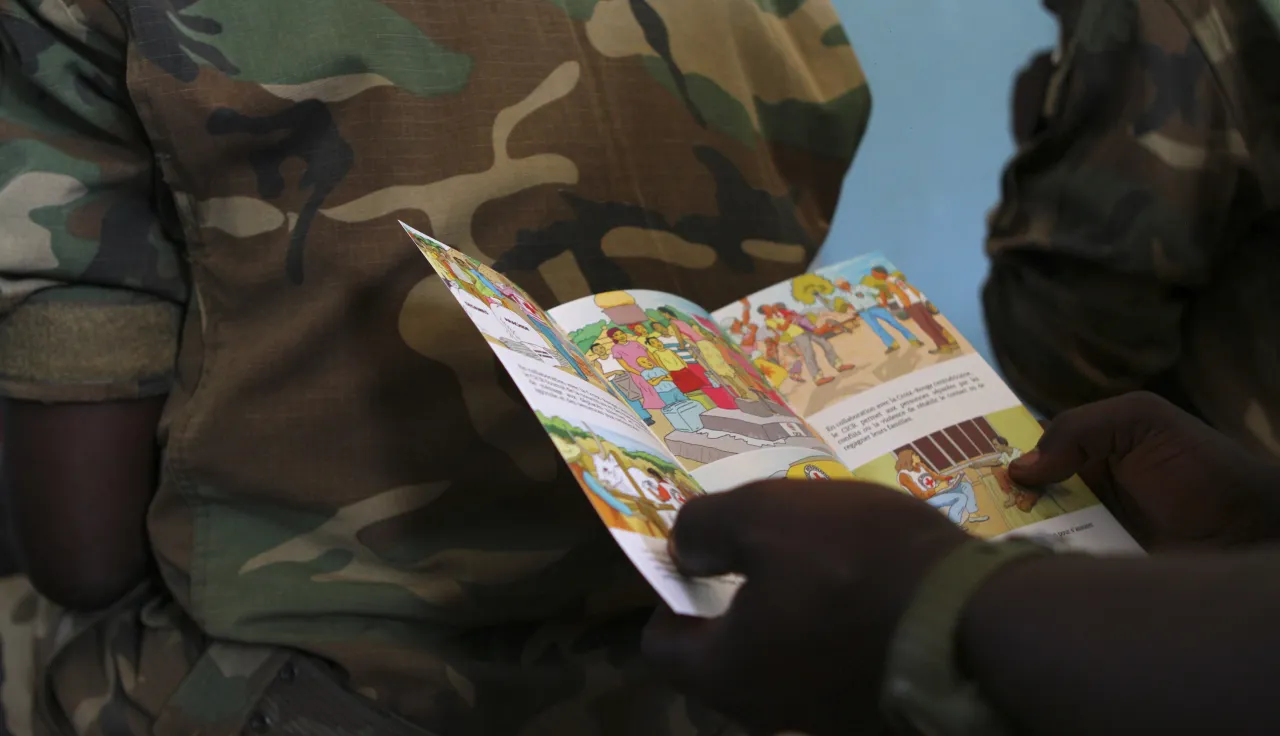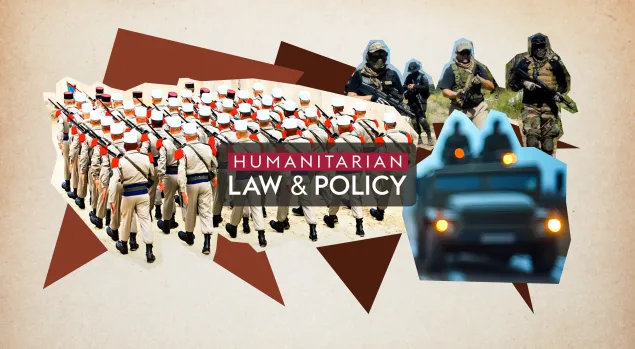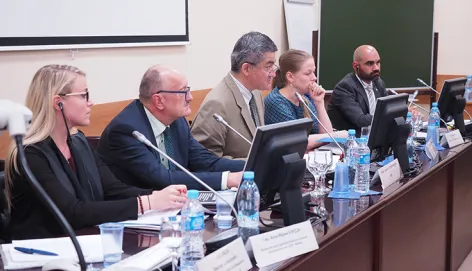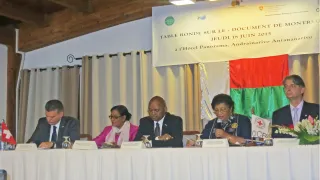Contemporary challenges to IHL – Privatization of war
In recent years, parties to armed conflicts have increasingly recruited private military and security companies (PMSCs) to undertake tasks traditionally carried out by the armed forces. The involvement of these companies in or close to military operations has raised questions about the way international humanitarian law (IHL) should be applied.
The involvement of PMSCs in warfare is not new. However, in recent armed conflicts their numbers have increased significantly and the nature of their activities has changed, leading some commentators to speak of a growing "privatization" of war.
Their activities include protecting military personnel and assets, training and advising armed forces, maintaining weapon systems, interrogating detainees and, on occasion, even fighting.
The ICRC has not joined the debate about the legitimacy of using private companies. Its concern is compliance with IHL. In particular, it is concerned with the question of what obligations and rights PMSCs and their staff have, and what are the obligations of states using them?
The position of the companies and their staff is not straightforward. Non-state groups are bound by IHL during an armed conflict if they are parties to the conflict or when they carry out acts in connection with the conflict. PMSCs are generally not parties to the conflict, but their employees as individuals, depending on their particular roles and activities, are more likely to fall under IHL rules.
The majority of PMSC employees fall within the category of civilians as defined by IHL. In both international armed conflicts and non-international armed conflicts, their position is covered, and their protection assured, by the Fourth Geneva Convention, the Additional Protocols of 1977 and customary law. However, if they participate directly in hostilities, they lose the protection from attack afforded to them as civilians in both types of conflict.
Despite the occasional use in media reports of the word "mercenary" in relation to PMSC employees, that term has, in fact, a narrow interpretation under IHL and would not apply to most private contractors in recent conflicts.
The obligation of states needs to be clarified. In very general terms, a state that employs private companies must ensure that IHL is respected by such companies, and that their staff are made aware of their obligations. States that have jurisdiction over private companies involved in armed conflicts also have obligations to ensure respect for IHL by those companies.
In response to the increased presence of PMSCs, several international initiatives have been undertaken with a view to clarifying, reaffirming or developing international legal standards regulating their activities and, in particular, ensuring their compliance with standards of conduct reflected in IHL and human rights law.
As a result of an initiative launched jointly by Switzerland and the ICRC, the Montreux Document was adopted in September 2008. It restates and reaffirms the existing legal obligations of states with regard to PMSC activities during armed conflict. It also recommends a catalogue of good practices for the practical implementation of existing legal obligations.
From an initial 17 states in 2008, the number of participants supporting the Montreux Document has now risen to 54 states and three international organizations.






